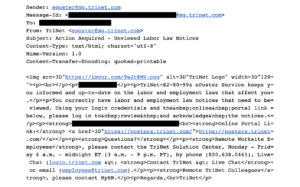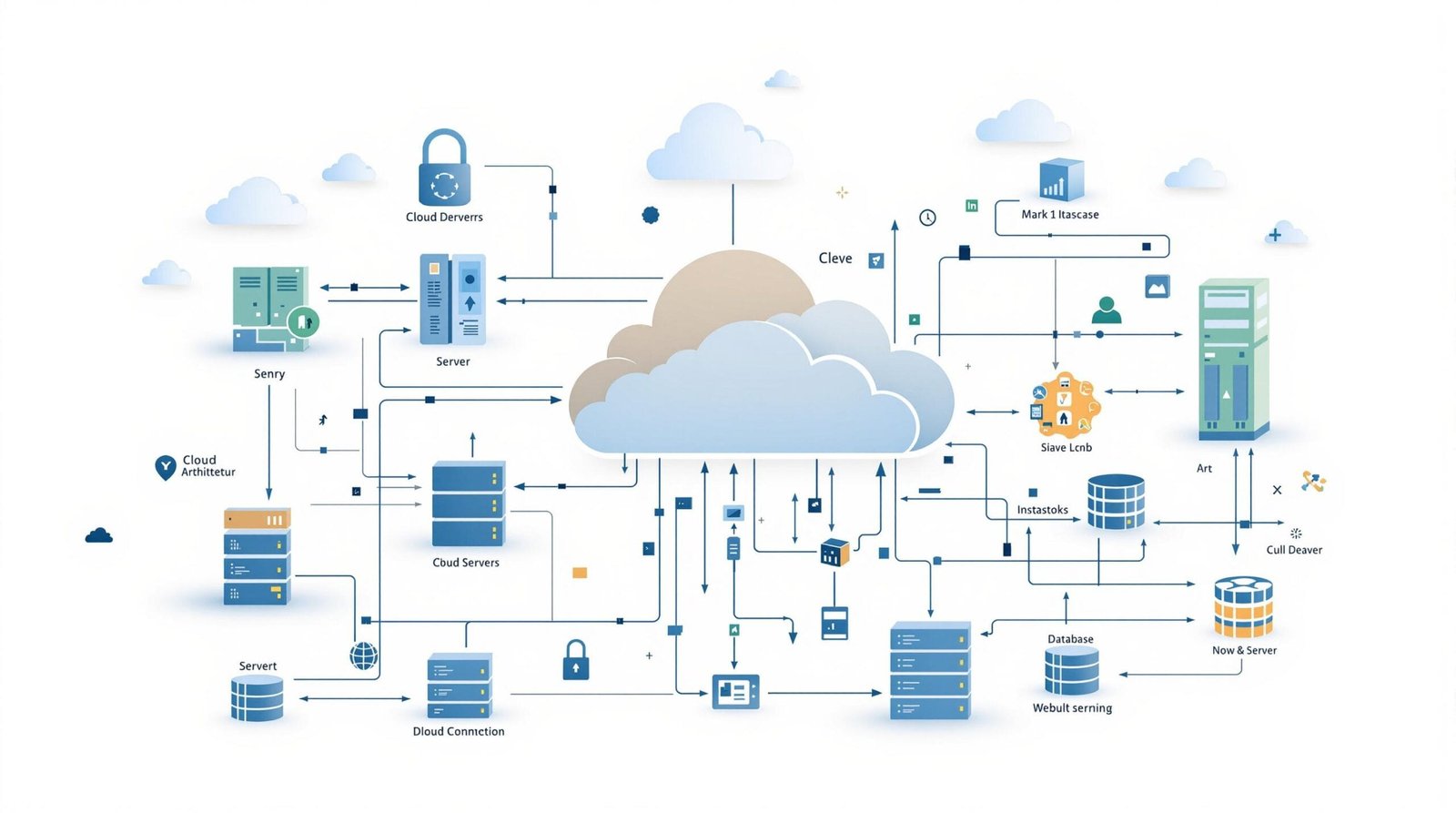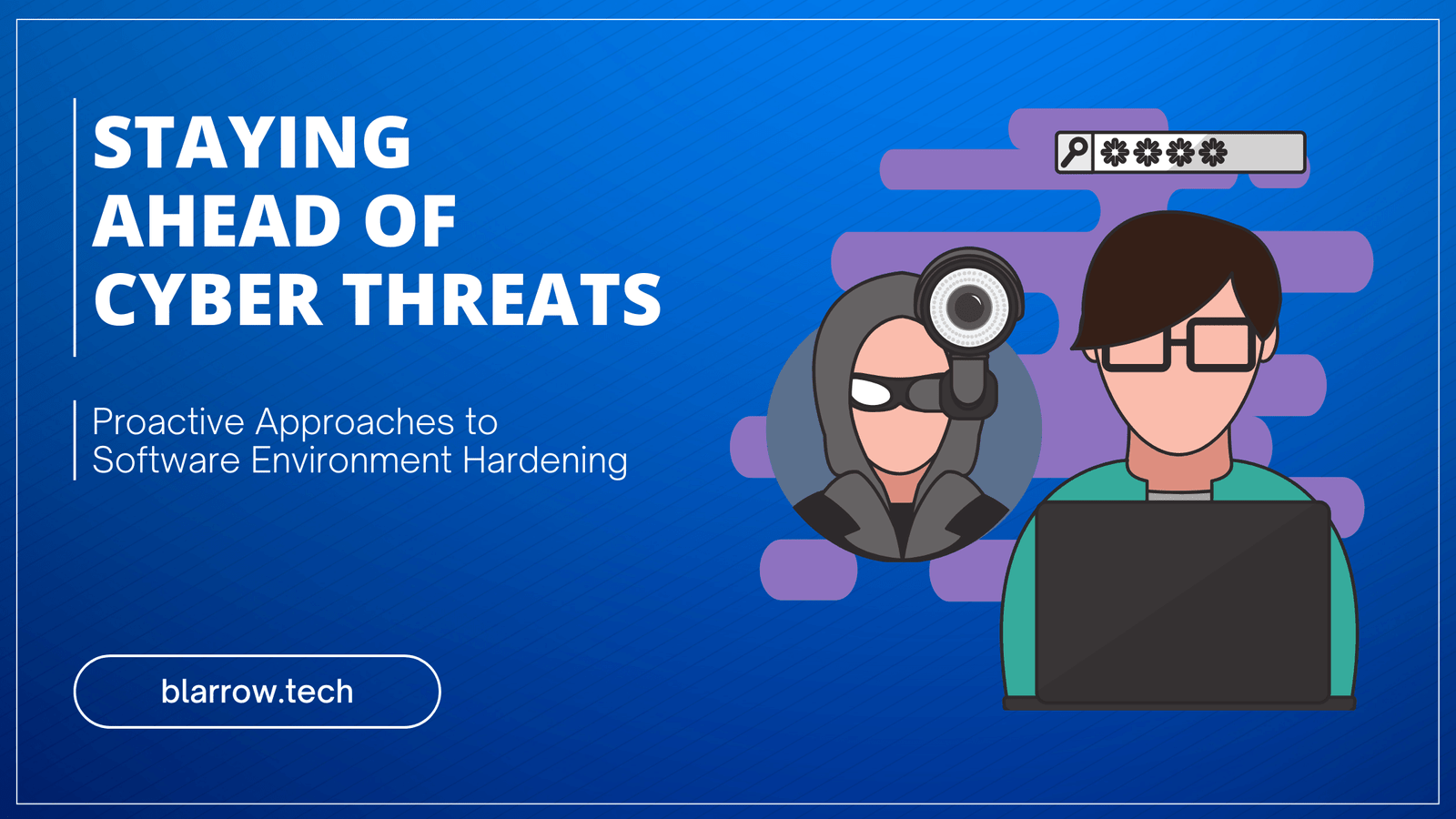WHAT IS PHISHING?
Phishing is a digital attack that uses camouflaged email as a weapon. The objective is to fool the email beneficiary into accepting that the message is something they want or need, for example, a solicitation from their bank, or a note from somebody in their organization, or an impetus to click on a link or download an application.
Phishing stays as one of the most famous and commonly relied on cyber-attack choices for con artists. Phishing messages are intended to imitate organizations or administrators to fool clients into turning over important data, normally usernames and passwords, with the goal that tricksters can sign into online administrations and take cash or information. Be that as it may, recognizing and curbing phishing attempts isn’t only a client issue — it’s a corporate issue as well, particularly when organizations don’t avoid potential risk and best practices to prevent tricksters from consistently getting into a client’s inbox.
AN ASSUMED PHISHING ATTACK ON TriNet
TriNet, a Human Resource colossus, turned into an ideal example of how to make a genuine email to its clients look accidentally suspicious. Remote workers at organizations over the U.S. who depend on TriNet for access to re-appropriated Human Resources, similar to their social insurance advantages and work environment strategies, were sent an email this week as a component of a push to keep representatives “educated and updated on the labor and employment laws that affect you.” Laborers at one Los Angeles-based Healthcare startup that deals with its employee benefits through TriNet all got the same email simultaneously. Be that as it may, one worker wasn’t persuaded that it was a genuine email, and sent it and its source code to TechCrunch.
TriNet is one of the biggest re-appropriated HR suppliers in the United States, basically for small-to-medium-sized organizations that might not have the financing to procure devoted HR staff. Furthermore, this season is basic for organizations that depend on TriNet, since medical coverage plans are entering open enlistment and expense season is just half a month away. With benefit changes to consider, it’s not strange for representatives to get a rash of TriNet-related messages towards the year’s end.
Upon closer inspection, the email didn’t look right. Everything starting from the source code of the email, including its headers, looked suspicious. The email headers resembled an envelope that stated where an email originated from, who it’s routed to, how it was steered, and if there were any intricacies en route, for example, being set apart as spam.
Moreover, the TriNet logo in the email was facilitated on Imgur, a free picture facilitating and image sharing website, and not the organization’s very own site. This is a very typical trait among phishing aggressors where they use Imgur to host pictures in their spam messages to avoid getting recognized. Since the picture was uploaded in July, the logo was viewed multiple times until TriNet was contacted, thereafter resulting in the removal of the picture. What’s more, in spite of the fact that the email contained a link to a TriNet site, the page that opened had a completely different space with nothing on it except the TriNet logo.
With the assumption that through some way or other tricksters had ]carried out a phishing attack affecting a great number of TriNet clients, security specialist John Wethington, the originator of security firm Condition: Black, was brought into the picture in order to inspect the email. It turned out he was similarly persuaded that the email may have been a phishing attempt. There was nothing, he stated, that gave us “100% certainty” that the site was authentic until we reached TriNet. TriNet representative Renee Brotherton affirmed to TechCrunch that the email battle was authentic and that it utilizes the outsider site “for our consistence ePoster administers advertising. She included: “The Imgur picture you reference is a picture of the TriNet logo that Poster Elite erroneously indicated and it has since been evacuated.”
“The email you referenced was sent to all representatives who don’t go into a business’ physical workspace to guarantee their entrance to required notification,” said TriNet’s representative.
WHERE DID TriNet GO SO WRONG?
This climax of blunders had some clients assume that their data may have been ruptured. “At the point when organizations speak with clients in manners that are like the manner in which con artists impart, it can debilitate their client’s capacity after some time to spot and close down security dangers in future interchanges,” said Rachel Tobac, a programmer, social specialist, and author of Social Proof Security. Tobac indicated two instances of where TriNet failed to understand the situation.
To begin with, it’s common for programmers to send parodied messages to TriNet’s employees on the grounds that TriNet’s DMARC strategy on its domain name isn’t implemented. Second, the conflicting utilization of domain names is mistaking for the client. TriNet affirmed that it pointed the connection in the email — posters.trinet.com — to eposterservice.com, which has the organization’s consistency publications for telecommuters. TriNet assumed that forwarding the domain would get the job done, rather it made its clients assume it as a sort of assault that is on the expansion, basically completed by state on-screen characters. TriNet is a huge target as it stores worker’s benefits, pay subtleties, tax data and the sky’s the limit from there.
“This is like an issue we see with banking extortion telephone correspondences,” said Tobac. “Spammers call bank clients, parody the bank’s number, and posture as the bank to get clients to give account subtleties to ‘check their record’ before ‘finding out about the misrepresentation the bank saw for them — which, obviously, is an assault,” she said.
“This is shockingly very similar to what the authentic telephone call seems like when the bank is genuinely calling to confirm false exchanges,” Tobac said. Wethington noticed that other suspicious pointers were all methods utilized by con artists in phishing assaults. The posters.trinet.com subdomain utilized in the email was just set up half a month back, and the eposterservice.com domain it indicated utilized an HTTPS authentication that wasn’t related to either TriNet or Poster Elite.
These all point towards one general issue. TriNet may have conveyed an authentic email however everything about it looked suspicious. On one hand, being careful about approaching messages is something worth being thankful for. And keeping in mind that it’s a wait-and-see game to avoid phishing assaults, there are things that organizations can do to proactively shield themselves and their clients from tricks and phishing assaults. But then TriNet bombed in pretty much every manner by opening itself up to assaults by not utilizing these fundamental safety efforts.



